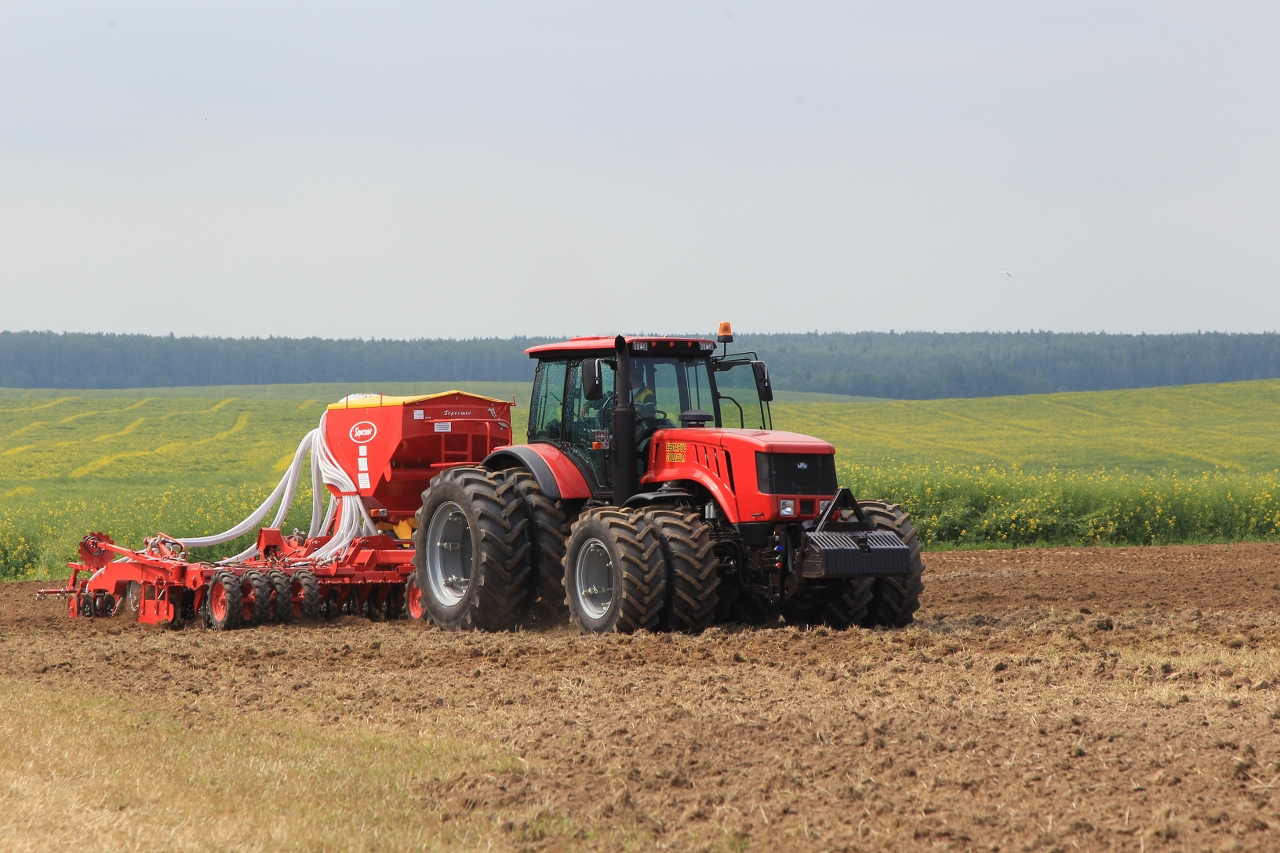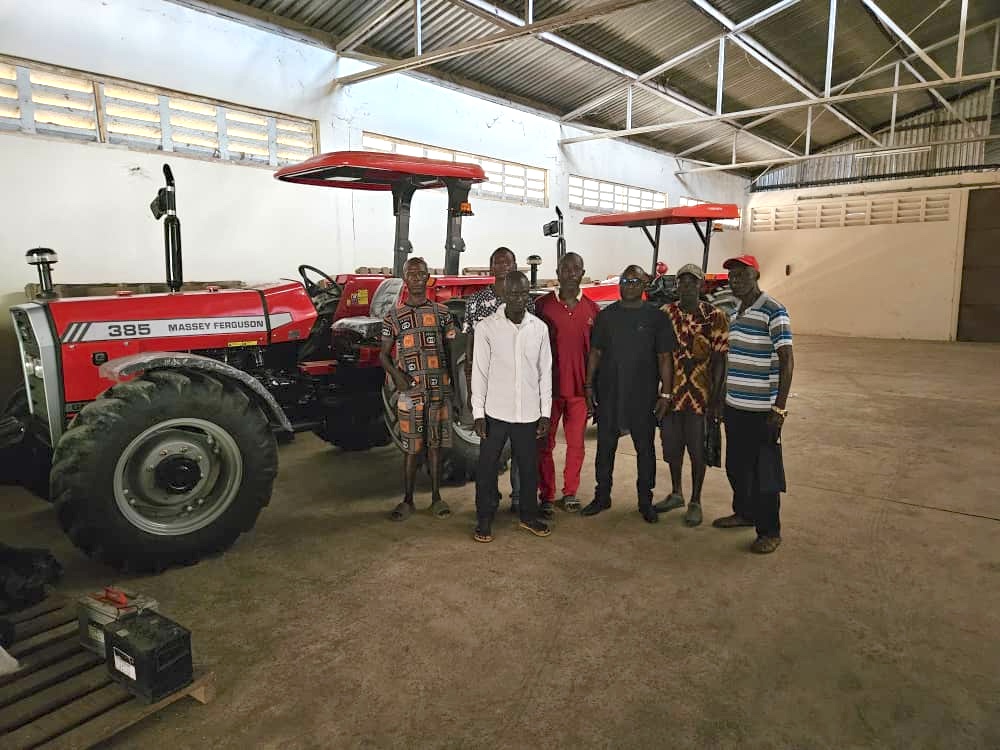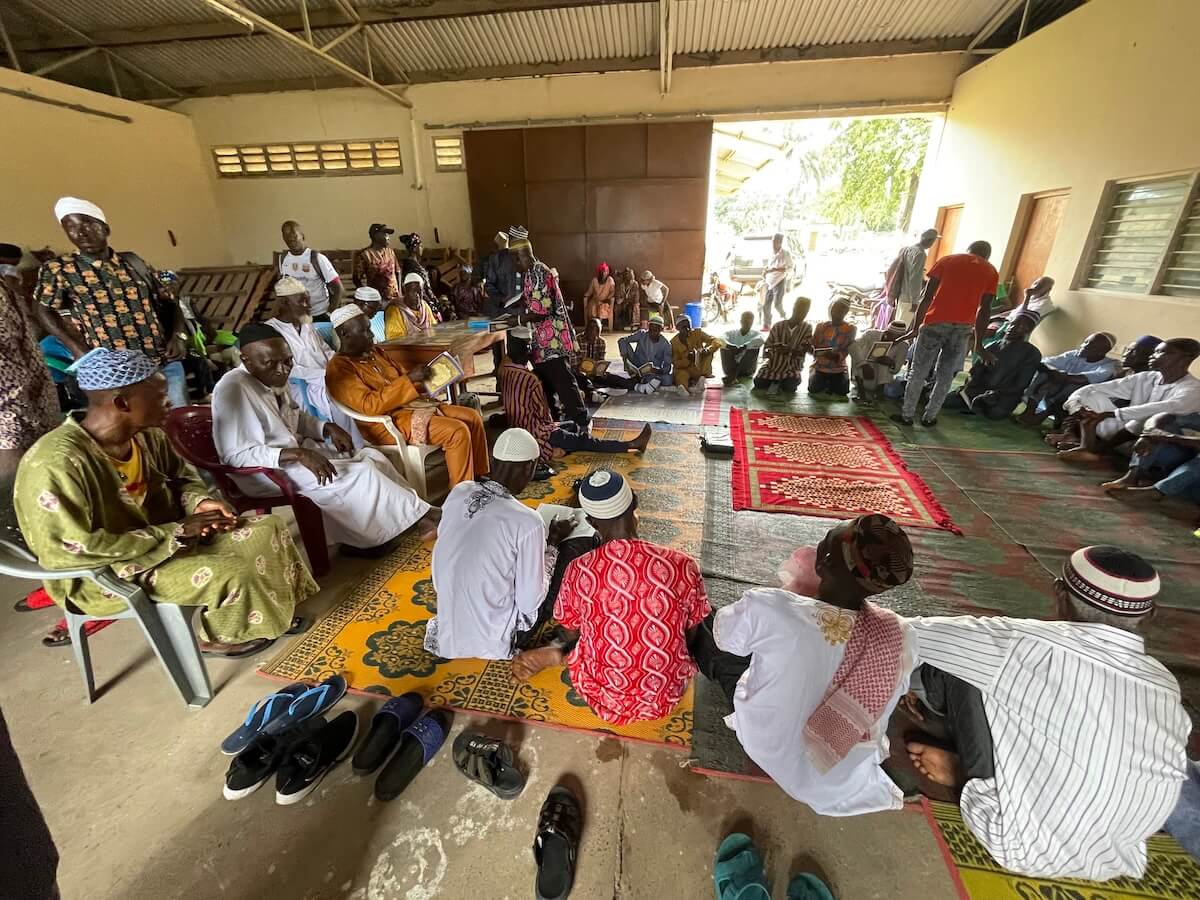Namibia, like many African countries, holds so many prospects especially in the areas of livestock production, fishing, mining, jewelry making, finance, renewable energy, agro processing and tourism among others.
According to the 2021 Index of Economic Freedom by the Heritage Foundation and the Wall Street Journal, Namibia is ranked 6th among 47 countries in the Sub-Saharan Africa region, and its overall score is above the regional and world averages. The Index, which scores the relative freedom of world economies, commended Namibia for having improved its ranking within the moderately free category that year, aided by a substantial improvement in fiscal health. This feat was as a result of several actions taken by the government to support private sector-led growth, thereby putting her on the way to become a key investment destination on the African continent.
Namibia is however yet to make major inroads in the area of crop production like she has done in for instance, livestock and fishing sectors of her increasingly diversified economy. To achieve same, the government of the southern Africa nation is partnering with Abanga Farms & Food Systems Limited and A&G Agro-Mechanical Industries Limited, subsidiaries of the Abanga Group to roll out the development and implementation of a sustainable crop production system in the Northern part of the country.
Despite the numerous challenges in the Namibian agricultural sector, opportunities for sustainable agriculture exist. These include the ability to create jobs, ensure food security, reduction in dependence on food import, poverty eradication, agro processing, export opportunities, and development of crop irrigation.
In line with the investment partnership which begun in 2022, the two companies are establishing an agro machinery assembly facility for farm tractors and implements spare parts which would lead to setting up of six mechanization centres at six different locations in Namibia towards the successful implementation of a crop production, mechanization, seed system and irrigation development with much focus on maize, sorghum and pearl millet cultivation.
The locations are Kavango East with allocation of 22 tractors, 100 workers and 12,000 farmers; Kavango West 23 tractors, 100 workers and 12,000 farmers; Ohangwena 23 tractors, 100 workers and 12,000 farmers; Oshana 23 tractors, 100 workers and 12,000 farmers; Oshikoto 16 tractors, 80 workers and 10,000 farmers; and Otjozondjupa 25 tractors, 100 workers and 15,000 farmers.
Each farmer is expected to cultivate 2 hectares of land leading to the production 5 metric tons of crops by the end of every cropping season. This translates to 600 farm mechanization workers, 73,000 farmers, 144,000 hectares of cultivated land and 355,000 metric tons of crop yields.
According to founder and Chief Executive Officer of Abanga Group, Thomas Abanga, “the mechanization centres will hold assembled tractors, supply tractor services to farmers, serve as local repair and maintenance centres, and provide agro training services to farmers in Namibia and subsequently to other parts of Southern Africa.”
He added: “the partnership will also establish shops for housing tractor spare parts and implements for sale, service centre, where broken down tractors will be routinely maintained, warehouse silos with holding capacity of 10,000 metric tons of agro inputs and a grain processing mill that can mill 500 metric tons of grains per day.”
There is also the sharing of technology by Abanga Farms and A&G Agro-Mechanical with farmers especially improved seeds, chemicals and precision equipment like drones for the application of fertilizer. Additionally, farmers are provided with access to markets by selling their produce directly to the two companies in a special arrangement and agreement.
The Government of Namibia on the other hand is expected to grant some concessions by way of 100% import duty exemptions involving importation of machinery equipment for 5 years; 100% duty exemption on the importation of capital spare parts for 5 years; 100% duty exemption on the importation of fuel and lubricants for 5 years; and 100% duty exemption on the dutiable value of inputs and auxiliary materials for 5 years.
The government is also providing 10,000 hectares of farmland suitable for rice, maize, and soya bean production; additional 20 hectares to set up machinery service provision centre; tax holidays of 5 years; and preferential tariff for electricity when available.
It is expected by Abanga Farms and A&G Agro-Mechanical Industries as well as the Government of Namibia that, by the end of the project there would be improved food security for Namibians, improved human resource of staff, assured income of outgrowers, capacity development of existing machinery operators and training of new operators, and provision of grains for animal feed production.
The project would create an estimated 5,000 jobs for people including the youth and women in areas such as tractor operation, farm machinery mechanics and farm workers among others. This would contribute to the eradication of unemployment as well as reduce poverty and inequalities amongst young people and women.
By The Abanga Group/PR Unit




